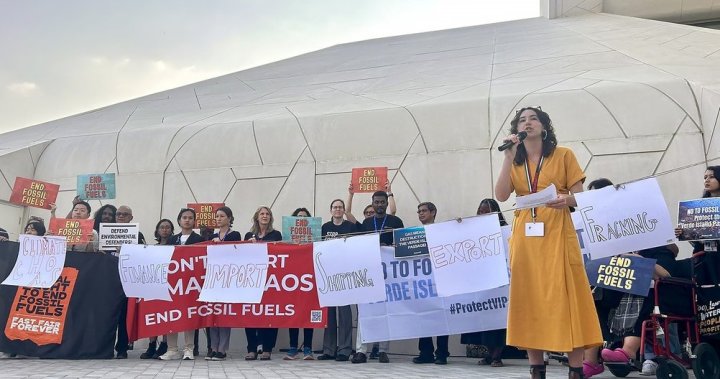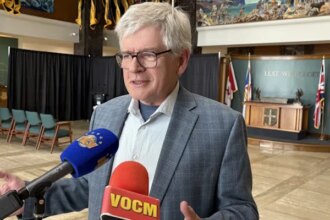In a development that signals a potential shift toward youth-driven environmental politics, 32-year-old climate advocate Nicole Charlwood has officially entered the British Columbia Green Party leadership contest, bringing fresh energy to a race that could redefine the province’s environmental agenda.
Charlwood, a Nelson resident with deep roots in community organizing, announced her candidacy Tuesday, positioning herself as a voice for urgent climate action and intergenerational equity. Her entrance marks the second official candidate in a leadership contest that has been relatively quiet since former leader Sonia Furstenau stepped down in November following the party’s disappointing showing in the 2023 provincial election.
“The climate emergency demands leadership that understands both the science and the social dimensions of our ecological crisis,” Charlwood told supporters at her campaign launch. “British Columbians deserve a Green Party that doesn’t just talk about transformative change but actively builds the coalition necessary to achieve it.”
The leadership race comes at a critical juncture for the BC Greens, who currently hold just two seats in the provincial legislature. Political analysts watching the contest suggest the party faces significant challenges in expanding its influence beyond Vancouver Island, where both current Green MLAs hold their seats.
“Whoever takes the helm will need to broaden the party’s appeal while maintaining its environmental core,” explains Dr. Hamish Telford, a political science professor at the University of the Fraser Valley. “The Greens need to demonstrate they’re not just an environmental protest party but a viable governing alternative with comprehensive policies.”
Charlwood joins Victoria-based climate scientist Dr. Jonina Campbell in the race, creating what some observers describe as a generational contest that could determine whether the party pivots toward more aggressive climate activism or maintains its more measured approach to environmental policy.
The leadership candidate brings experience from her work with environmental non-profits and community organizing initiatives focused on climate resilience. Her campaign has emphasized the need for the Greens to connect economic policy more directly with ecological sustainability—a position that appears designed to counter criticisms that environmental parties lack practical economic vision.
“We can no longer pretend that our economy exists separate from our environment,” Charlwood stated in her campaign materials. “British Columbia needs leadership that understands how to build prosperity within planetary boundaries.”
The BC Green Party has scheduled its leadership convention for September 28, giving candidates several months to build support among the party’s approximately 8,000 members. The relatively small membership base means that candidate organization and direct outreach could prove decisive in determining the outcome.
Party officials have indicated they hope the leadership contest will help rebuild momentum following the 2023 election setback, when the Greens saw their seat count remain stagnant despite growing public concern about climate issues.
The contest occurs against a backdrop of escalating climate impacts in British Columbia, where wildfires, heat domes, and atmospheric rivers have created growing public awareness about environmental vulnerabilities. Both declared candidates have emphasized these realities as central to their campaigns.
As British Columbia’s political landscape continues to evolve ahead of the next provincial election scheduled for 2027, the question remains: can a rejuvenated Green Party translate growing climate anxiety into expanded political influence, or will environmental concerns continue to be addressed primarily through the lens of the province’s dominant political parties?














